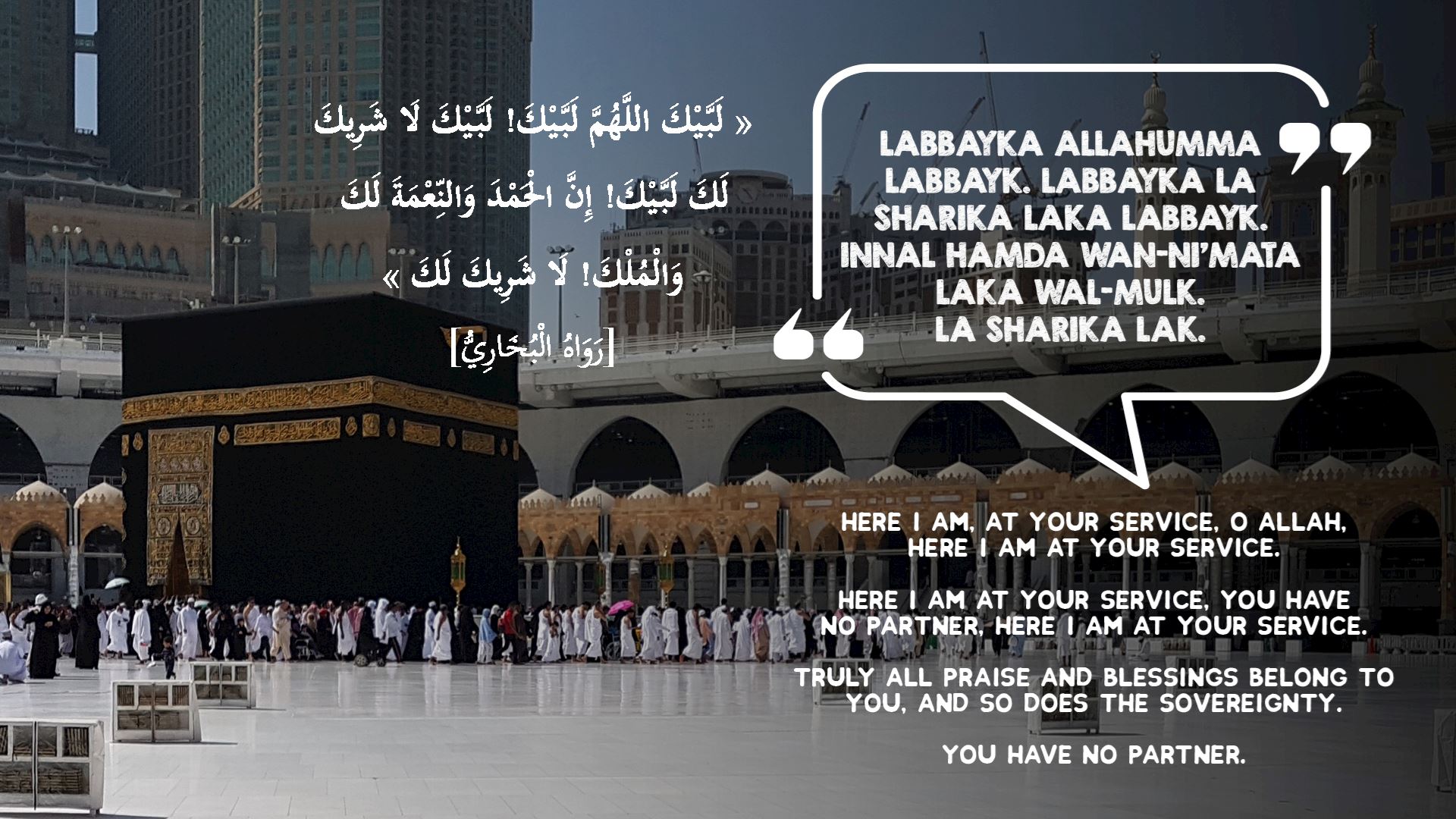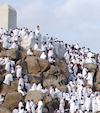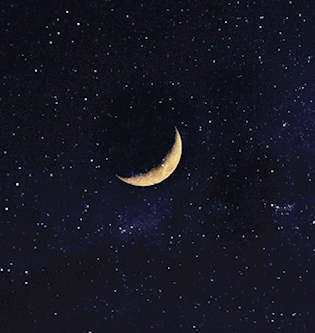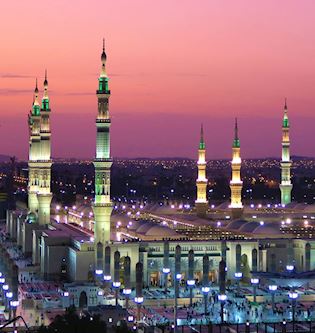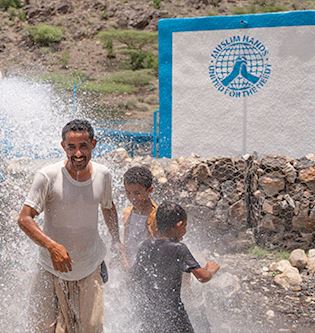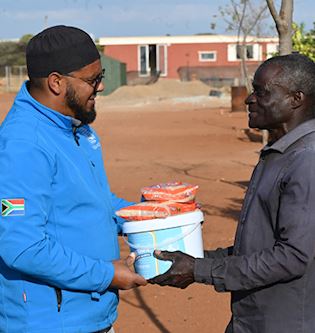Virtues of the First 10 Days of Dhul-Hijjah
Dhul Hijjah is the twelfth and final month of the Islamic calendar. It is a very sacred month as it marks the time of hajj (pilgrimage). Muslims from all around the world gather together in Makkah to make pilgrimage on the 8th, 9th and 10th of this month. In this short article, you can find out more about this special time.
Ibn Abbaas, may Allah be pleased with him, reported that the Prophet (saw), said: “There are no days in which righteous deeds are more beloved to Allah than 10 days.”
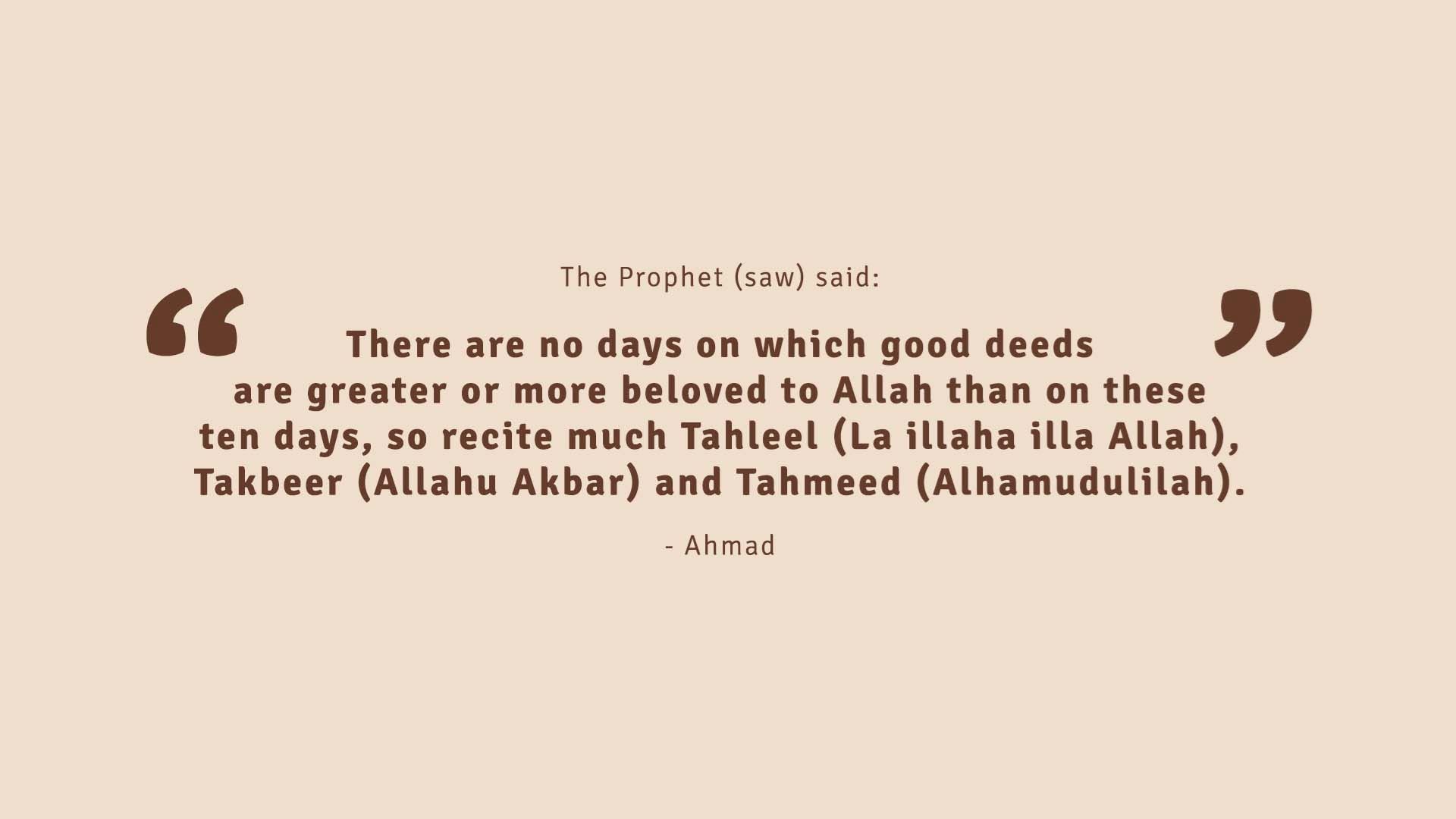
Allah (SWT) swears an oath by the 10 days of Dhul-Hijjah, and swearing an oath by something is indicative of its importance and great benefit. Allah says: “By the dawn and by the 10 nights (i.e. the first 10 days of the month of Dhul-Hijjah)…” [Qur’an 89: 1-2]
The Prophet (saw) encouraged people to do righteous deeds because of the virtue of this season for people throughout the world, and also because of the virtue of the place - for the pilgrims to the Sacred House of Allah.
These 10 days include the Day of Arafah, on which Allah (SWT) perfected His Religion. It is highly recommended for those who are not pilgrims to fast on this day as the Prophet (saw) said ‘It (fasting) expiates the sins of the past year and the coming year’ (Muslim). It is on this day that Allah frees slaves from the fire more than any other day as told by the Prophet (saw), ‘There is no day on which Allah frees people from the fire more so than on the day of Arafah’ (Muslim). It is also one of the greatest days to ask for forgiveness. For the people who stay in Arafah, Allah descends to the sky and says to the angels, ‘My slaves have come to me, looking rough, from every deep valley hoping for my mercy, so if their sins are equivalent to the amount of sand or the drops of rain or like the foam on the sea I will forgive them. So go forth My slaves! Having forgiveness for what and who you have interceded for’ (at-Tabarani).
These days also include the Day of Sacrifice, the greatest day of the entire year and the greatest day of Hajj, which combines acts of worship in a way, unlike any other day. The Sunnah indicates that the one who wants to offer a sacrifice must stop cutting his hair and nails and removing anything from his skin, from the beginning of the 10 days until after he has offered his sacrifice, because the Prophet (saw) said: “When you see the new moon of Dhul-Hijjah, if anyone of you wants to offer a sacrifice, then he should stop cutting his hair and nails until he has offered his sacrifice.” According to another report he, sallallaahu ‘alaihi wa sallam, said: “He should not remove (literally, touch) anything from his hair or skin.” [Muslim]
The wisdom behind this prohibition of the one who wants to offer a sacrifice from cutting his hair, etc., is so that he may resemble those in Ihraam in some aspects of the rituals performed, and so that he may draw closer to Allah by offering the sacrifice. So he leaves his hair and nails alone until the time when he has offered his sacrifice, in the hope that Allah will save him in his entirety from the Fire. And Allah knows best.





